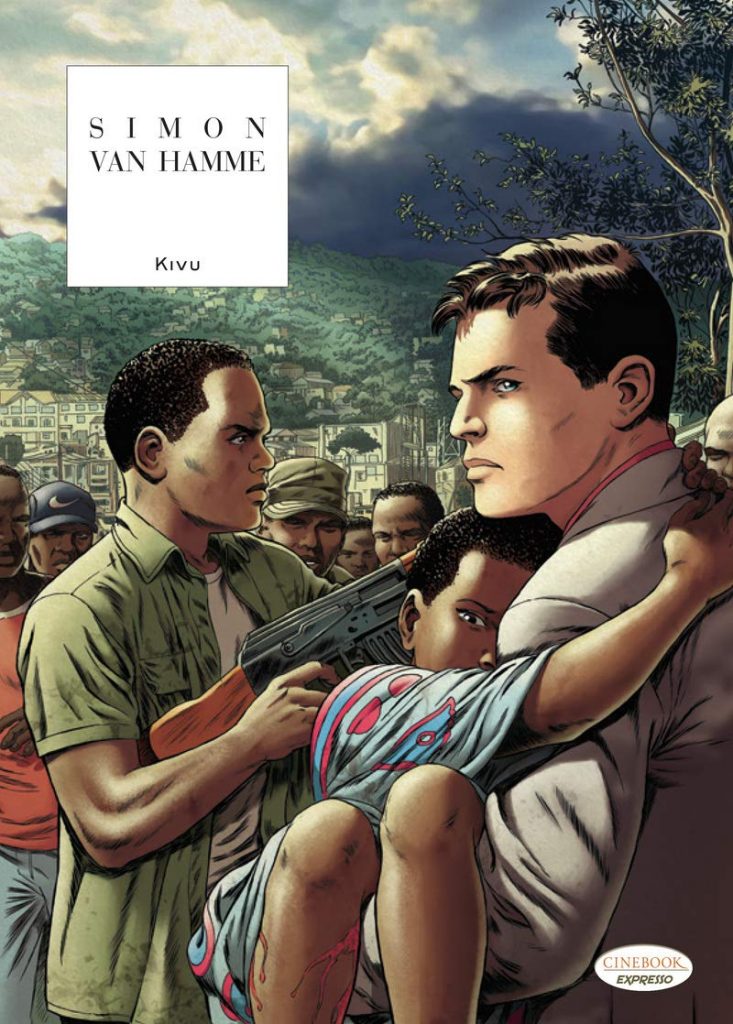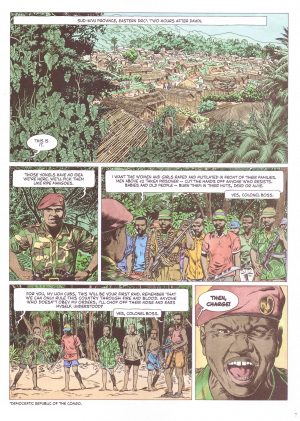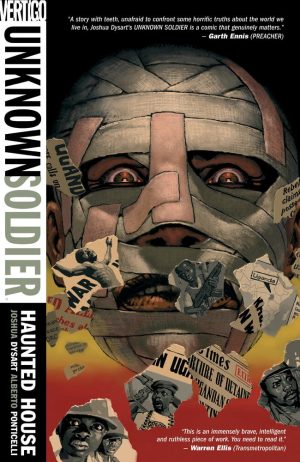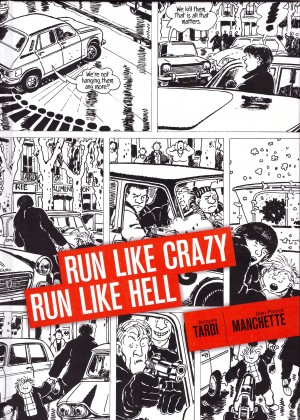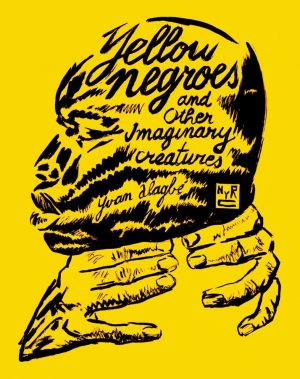Review by Frank Plowright
While the existence of the Congo may register to Western ears, few are aware of a long and bloody history of exploitation and repression that accelerated with the late 19th century colonisation by Belgium. Subsequent self-rule has only fed self-interest on the part of elected officials. Given the mineral wealth the country has, and the dependency of the world on those substances for communications technology, ordinary people in the Congo should have a comfortable standard of living. Kivu presents their actual circumstances. Christopher Simon’s sample page opens the story and looks peaceful enough until the final panel, but read Jean Van Hamme’s translated dialogue for the appalling truth.
Van Hamme and Simon are fictionalising that truth, feeding actual incidents and people into their story and using the known circumstances, while making it clear from the start that as long as there’s profit to be made Western companies turn a blind eye to any local atrocities. The reader’s viewpoint is via idealistic engineer François Daans, sent to the Congolese province of Kivu and guided by a cynical old hand long familiar with the way the country works. It’s a crash course to a ghastly reality where profit always trumps morality, atrocities send a message and just a single life saved is a major victory. Explaining the circumstances as Daans learns requires several information dumps, unavoidable given the complexity of allegiances. Incorporating actual Congolese doctor Denis Mukwege and his Belgian colleague Guy Bernard-Cadière provides a Nobel Prize-winning stamp of approval.
While most of the violence shown and mentioned is African on African, Van Hamme leaves us in no doubt that it could be considerably diminished by multinational corporations taking an ethical stand. He further notes that European invaders over the centuries have equally stained hands. Simon’s pages are in the solid Franco-Belgian tradition of ligne clair naturalism, his visuals deliberately toned down, but Van Hamme’s text is explicit and horrifying. He spares no sensibilities, but is also professional in providing a thrilling narrative using the situations, although a sex scene is ill-judged and gratuitous considering the project. The more Daans learns about Congo’s reality, the more appalled we become, although Van Hamme only briefly mentions the link between what’s being read and the device you may be reading this review on.
Kivu has a level of horror well beyond any slasher or vampire story, making for a profoundly disturbing and harrowing read, and a necessarily eye-opening one. Soft-soaping wouldn’t do the job. Further information about Dr Mukwege’s work and the Panzi Hospital can be found here.
